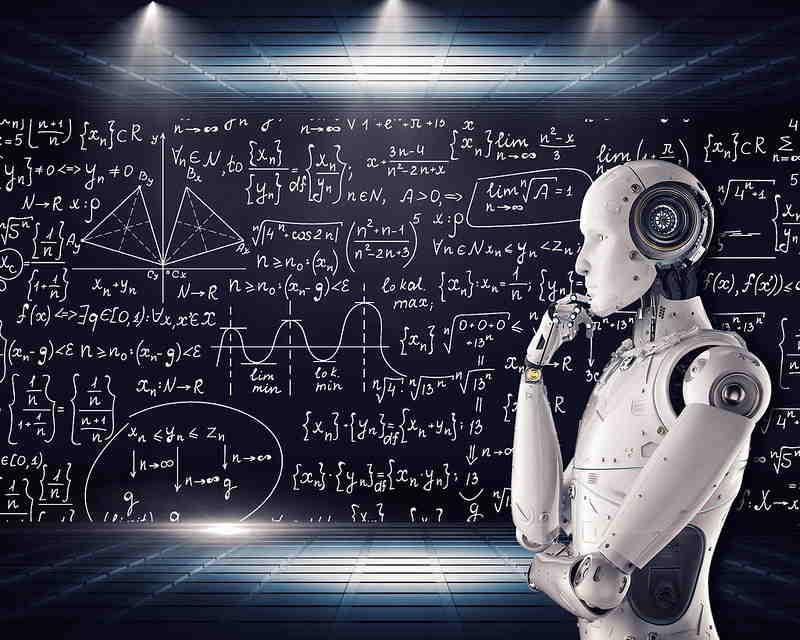AI experts are increasingly afraid of what they’re creating
By Kelsey Piper,
Vox
| 11. 28. 2022
In 2018 at the World Economic Forum in Davos, Google CEO Sundar Pichai had something to say: “AI is probably the most important thing humanity has ever worked on. I think of it as something more profound than electricity or fire.” Pichai’s comment was met with a healthy dose of skepticism. But nearly five years later, it’s looking more and more prescient.
AI translation is now so advanced that it’s on the brink of obviating language barriers on the internet among the most widely spoken languages. College professors are tearing their hair out because AI text generators can now write essays as well as your typical undergraduate — making it easy to cheat in a way no plagiarism detector can catch. AI-generated artwork is even winning state fairs. A new tool called Copilot uses machine learning to predict and complete lines of computer code, bringing the possibility of an AI system that could write itself one step closer. DeepMind’s AlphaFold system, which uses AI to predict the 3D structure of just about every protein in existence, was so...
Related Articles
By Diaa Hadid and Shweta Desai, NPR | 01.29.2026
MUMBRA, India — The afternoon sun shines on the woman in a commuter-town café, highlighting her almond-shaped eyes and pale skin, a look often sought after by couples who need an egg to have a baby.
"I have good eggs,"...
By George Janes, BioNews | 01.12.2026
A heart attack patient has become the first person to be treated in a clinical trial of an experimental gene therapy, which aims to strengthen blood vessels after coronary bypass surgery.
Coronary artery bypass surgery is performed to treat...
By Staff, ScienceDaily | 01.05.2026
Scientists at UNSW Sydney have developed a new form of CRISPR technology that could make gene therapy safer while also resolving a decades-long debate about how genes are switched off. The research shows that small chemical markers attached to DNA
...
Following a long-standing CGS tradition, we present a selection of our favorite Biopolitical Times posts of the past year.
In 2025, we published up to four posts every month, written by 12 authors (staff, consultants and allies), some in collaboration and one simply credited to CGS.
These titles are presented in chronological order, except for three In Memoriam notices, which follow. Many more posts that are worth your time can be found in the archive. Scroll down and “VIEW...




